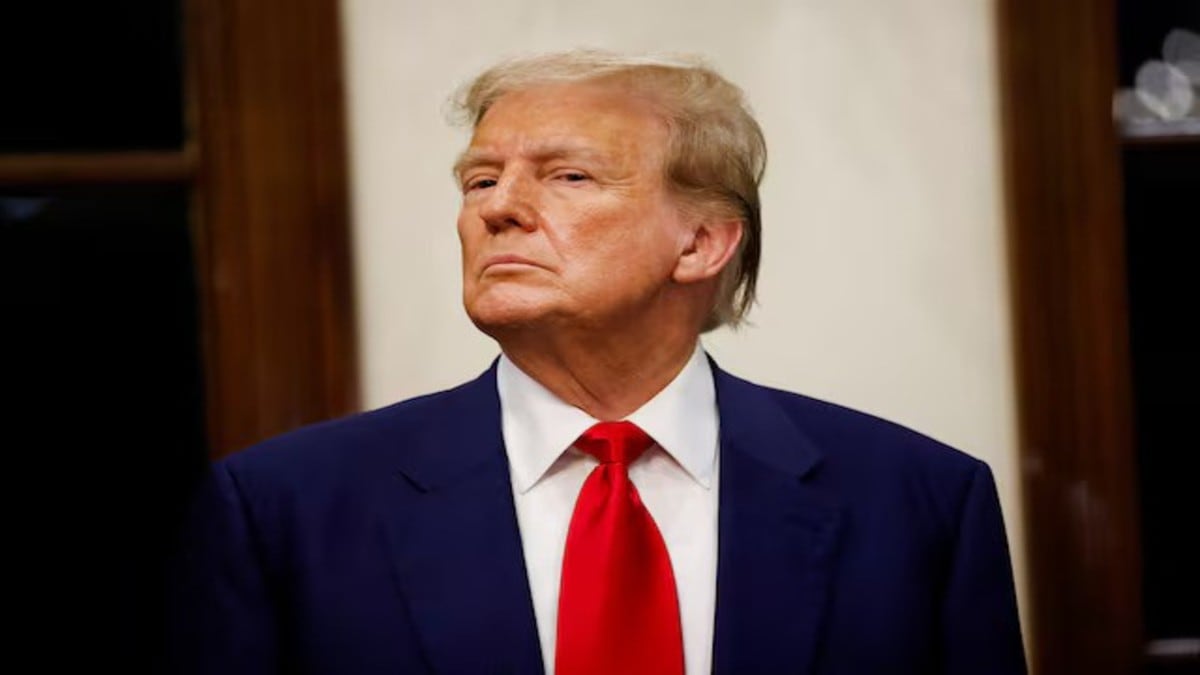The world is on the verge of the first-ever world war of trade, with global headlines screaming ‘America’s 104 per cent tariff on China’ answered by ‘China’s 84 per cent tariff on the US’, and the things culminating in the Trump administration sharply raising tariffs on Chinese goods to 145 per cent while announcing a 90-day pause in ‘reciprocal tariffs’ for other trade partners. Forcing markets topsy-turvy everywhere, this tariff war is almost playing out like a board game. Speaking of which, the board game industry (in literal sense), supposedly one of the most affected by the tariff war, stands to be one of the biggest losers, as almost all of its manufacturing is done entirely in China.
The Game Manufacturer’s Association (GAMA), in the US, says, “The latest imposition of tariffs on products from China by the administration is dire news for the tabletop industry as well as the broader US economy.” Indeed, while the panic keeps escalating across borders, economies and industries, Donald Trump has come out confidently saying, “I know what the hell I’m doing!” while American pensioners are losing their retirement savings. So what’s the deal? Is Donald Trump playing 3D chess while we think he’s playing checkers? Is this a game of ego, an elitist move that will deepen the already Mariana Trench-like divide between the rich and the poor? Or is this an attempt at an invisible masterstroke by the White House administration? One can see the Trump team thinking that either they will accept the tariffs because they need the goods while they make a pile of money off the tariffs, or the manufacturers will be forced to start making everything in the US to avoid tariffs.

Either way, it’s a win-win situation for the United States. Is it that simple, though? This could lead to the Americans purchasing less and for other companies to bypass the US and their markets entirely and build factories and look for more amenable purchasing markets. What might possibly be the endgame? At a first glance, this tariff war seemed to be classic protectionism.
Hard talks, core industry jobs such as steel and economic flag waving. However, is America really in a position to be competing globally? Trump has been known to complain about how India and China have been ripping off the US for decades. However, closer inspection will tell you that American companies, especially auto and tech ones, have been struggling.
They are unable to thrive or compete in price-sensitive foreign countries due to high tariffs and lack of cost advantages. The most standout example would be Tesla. Tesla was desperate to sell cars in India, but India’s 100 per cent tariff on electric vehicles made that extremely difficult.
We rightfully asked for local manufacturing, but Musk was wary without a proven scale of sales. Is the US market being weaponised? Of course, Trump is well aware that the US is the most lucrative consumer market in the world. His strategy could well be using the tariffs to apply pressure on foreign governments, lower barriers and create the space for American corporations to dominate worldwide.
In 2018, after launching a tariff war with China, Trump had managed to secure the Phase One Trade Deal in 2020, when China was coerced into agreeing to buy more US-manufactured goods while easing restrictions on foreign companies. Tesla had then become the first foreign auto company to have a factory in China without a joint venture. A form of economic coercion disguised as a trade war, if you will.
One has to understand that without global penetration, good old-fashioned American corporate giants such as Boeing or Tesla or Apple will never really reach their full potential or transcend the next level. What drives true wealth and value is selling more units in foreign countries, which leads to lower per-unit costs, increased profitability and that crucial boost to stock market performance. The US market by itself has limited growth in terms of sales when viewed from the broader perspective.
If Trump actually manages to break open these trade barriers and get US companies into massive consumer markets such as India or China, it would supercharge their profits, even if it came at the cost of fewer jobs in the US. Anyway, a lot of these industries are already highly automated. So when Trump insists that these tariffs will bring back jobs, it might indeed be a covert political cover for corporate strategy.
Negotiate with power, force foreign markets open and establish US dominance. If this gamble pays off and the US gets its way when foreign markets are welcoming US multinationals to set up factories on their soil with a sweet deal for them, this could potentially result in the US ruling a modern economic empire. US corporations as global emperors backed by financial markets using tariffs and trade deals to clear their path.
However, the world has moved on from its colonialism era. India and China are definitely not passive players. They will of course resist, as seen by India’s decision to refuse to lower tariffs for Tesla.
Perhaps Trump’s tariffs aren’t just some ego-driven foolish bluster but a power move – trying to force open foreign markets and expand US corporate reach and dominance. One thing is for sure, these tariffs were never meant to help the US working class; they may well have been to assert US corporate dominance, even if that leads to outsourcing of more jobs, raising their domestic prices and making global trade a battlefield yet again. In case you haven’t noticed, not one single CEO has publicly acknowledged or spoken about how these tariffs have affected them.
Of course, the markets going up and down mean little to them in the face of what they actually stand to gain. Either way, the common man, as always, stands to be the one to lose the most. This battle seems to be on course for more ugly fireworks.
The author is a freelance journalist and features writer based out of Delhi. Her main areas of focus are politics, social issues, climate change and lifestyle-related topics. Views expressed in the above piece are personal and solely those of the author.
They do not necessarily reflect Firstpost’s views..
Politics

Trump's tariff war: More than what meets the eye

When Trump insists that the tariffs will bring back jobs, it might indeed be a covert political cover for corporate strategy. Negotiate with power, force foreign markets open and establish US dominance















